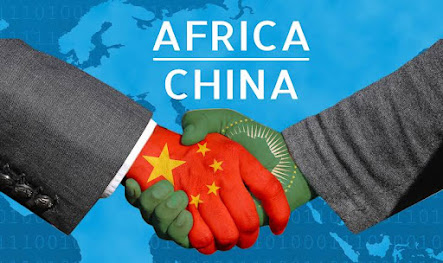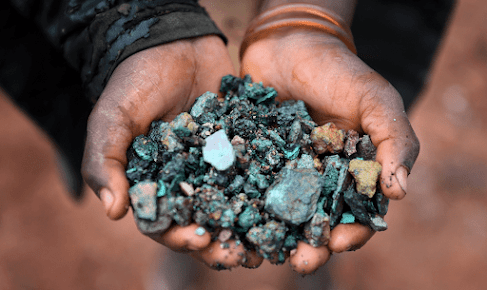China’s engagement in Africa : The need to engage with Africa Civil society

There is no better time than the eve of a China-Africa summit, FOCAC, to question the nature of China’s engagement with Africa. Held this year at the ministerial level, the FOCAC opens on Monday, November 29th in Dakar and will be like all other bilateral summits with Africa, a politically centered summit where the civil society had no role in shaping its agenda. With the noticeable exception made this year with the France- Afrique summit which turned out to be a "dialogue" between French president Emmanuel Macron and some African youth representatives, the African civil society has never been associated to these discussions. China’s engagement on the continent is strictly circumscribed by political correctness, where only government-approved actors (public or private) are legitimate partners. Civil society and political oppositions are not in the picture. Of course, this approach is in total alignment with China’s non-interference policy in other countri...


